An audience member first introduced Dizzy Gillespie to the Baha’i Faith.
Beth McKenty, a Canadian who attended one of his shows in Milwaukee, had been inspired to reach out to him after reading about the tragic death of Charlie Parker, bebop’s co-originator. Parker was a saxophonist, who had at one point claimed that Gillespie was the “other half of his heart.” He died in 1955 at the age of 34, following a long period of drug addiction.
“Beth had called Dizzy and told him, ‘Charlie Parker didn’t have to die like he died’ and could she talk to him,” remembers Longo. “And so that night, she and her husband came and Dizzy was sitting with them at the table and she told him about the Baha’i Faith and gave him a lot of literature.”
After a period of intense reading and studying, Gillespie formally accepted the Baha’i Faith on 5 April 1968, the night after the assassination of Civil Rights Leader Martin Luther King Jr. The musician was attracted by the emphasis given in Baha’u’llah’s teachings to unity, particularly by their assertion of the harmony of science and religion, the equality of women and men, and the oneness of humanity:
For every era hath a spirit; the spirit of this illumined era lieth in the teachings of Baha’u’llah. For these lay the foundation of the oneness of the world of humanity and promulgate universal brotherhood. They are founded upon the unity of science and religion and upon investigation of truth. They uphold the principle that religion must be the cause of amity, union and harmony among men. They establish the equality of both sexes and propound economic principles which are for the happiness of individuals. – Abdu’l-Baha, Selections from the Writings of Abdu’l-Baha, p. 109.
“He and I were both very upset about the racial situation here with all the riots and everything,” says Longo. “We were talking and I said, ‘It don’t have to be like that,’ and I remember we were saying, ‘There’s got to be somebody that represents the way we feel,’ and that’s when he discovered the Faith.”
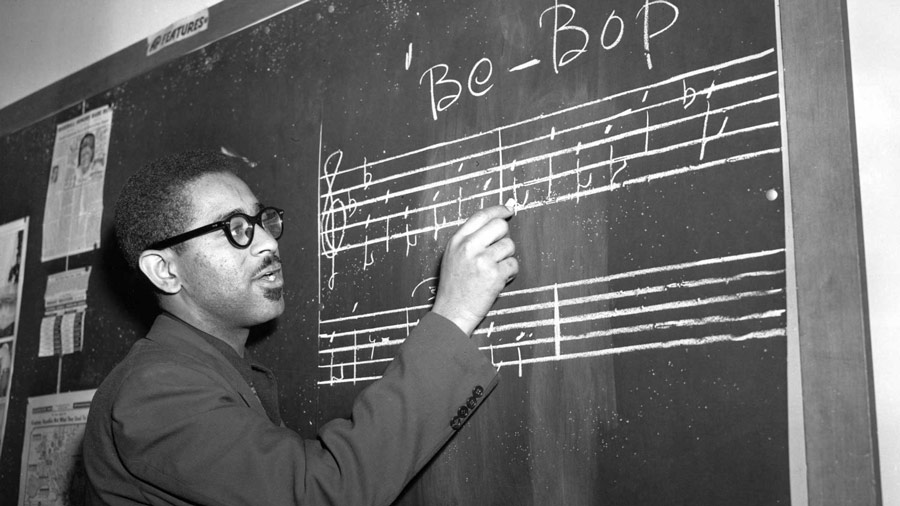
Gillespie wrote in his autobiography, To Be or Not to Bop, “When I encountered the Baha’i Faith, it all went along with what I had always believed. I believed in the oneness of mankind. I believed we all come from the same source, that no race of people is inherently superior to any other.”
“Dizzy was tuned into the vibe,” says Longo.
Gillespie had long been interested in exploring the rhythms and harmonies of diverse cultures, and Longo believes his music evolved even further after he embraced the Baha’i teachings.
“It got deeper,” he says. “If you listen to the chronology of his recordings, when he embraced the Afro-Cuban thing, the music went to a much deeper level … It went to a world level. And if you think about the Faith, that was a reflection of all the people coming together, it went on to a level as close as a human being can get to perfection.”
Becoming a Baha’i influenced Gillespie’s life in every way. He wrote that it gave him “a new concept of the relationship between God and man—between man and his fellow man—man and his family.”
“I became more spiritually aware, and when you’re spiritually aware, that will be reflected in what you do,” wrote Gillespie. Jazz musicians, Gillespie believed, were among “the people most ‘in tune’ with the Universe.”
“What is more appropriate than a musician being in tune with nature and with our Creator?” he wrote. “The best example is the way that they perform; how do they come up with things that have never been played before? Where did they get it? They have to have some kind of divine inspiration.”
Longo concurs. “This music doesn’t come from thinking. You can’t think and play at the same time. It comes from behind the mind, so there’s a sort of a bliss place back there that’s totally spiritual. That is the animating force to our music. In fact all of the arts, and sciences as well. The power that Baha’u’llah unleashed is the animating force in the arts.”
“Dizzy said, ‘What you hear is the divinity in the music.’”
The United Nation Orchestra
“Gillespie was around for a very long time,” reflects Martin Gayford, “from the 1940s right through to the 1990s. So he became something of an elder statesman of jazz, and a great encourager of young talent.
The most ambitious, and final, fusion of his music with his religious beliefs was Gillespie’s formation of his United Nation Orchestra, with which he toured the world in the 1980s. The Baha’i principle of building unity that maintains and celebrates cultural diversity was Gillespie’s key inspiration for the big band made up of younger musicians from the United States and outstanding players and singers from Brazil, Cuba, and Panama.
“That’s what he believed in,” says Longo, “and so that’s what the principle of the United Nation Orchestra was.”
“In the Baha’i religion we don’t believe in cutting loose anything good,” Gillespie wrote. “Cut loose your heritage? Baha’is believe that you bring it in and work with others. Bring it into the whole just like a master painting. Because I’m purple and there’s another cat who’s orange doesn’t mean that we can’t come into one big compatible complementary arrangement. Just contribute from your own uniqueness, but don’t get over in their groove. Stay outta theirs!”
A Lasting Legacy
Since his death in 1993 at the age of 75, Dizzy Gillespie continues to be revered by enthusiasts the world over. His music has become the subject of academic study and symposia; his recordings are constantly being remastered, reissued, and rediscovered by younger generations. In the coming months, tribute concerts marking 100 years since his birth are taking place across the globe.
“When you pay a tribute to someone, there’s that question – do you imitate them?” says James Morrison. “And I believe, sound-wise—no. There are recognizable ‘Dizzyisms’ in what happens, but a true tribute is to create the atmosphere. It’s always like he was having a party, and he would take that onto the stage. I’ve always felt that’s what I wanted to do too.”
But Mike Longo believes Gillespie’s music is still not fully understood. Speaking at the trumpeter’s funeral in 1993, Longo told the congregation that, “a lot of people know what Dizzy played but they don’t know how he played.”
“At this point in time most of the educators and so forth are imitating it,” he says. “They don’t understand the concept, they understand the notes. So they imitate the notes and they try to imitate the feeling, but they’re not coming up with the essence yet. So he’s not fully appreciated yet.”
“Might be another 100 years before that happens,” Longo laughs.


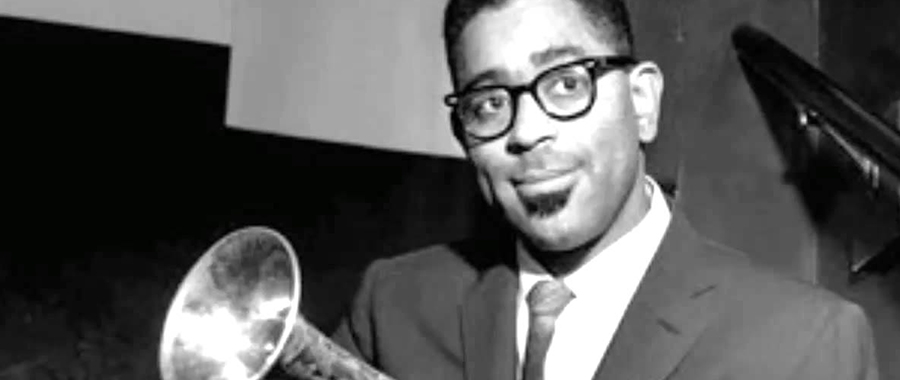

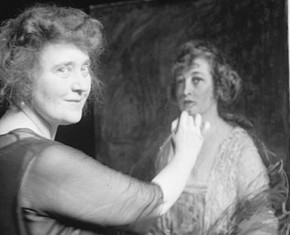
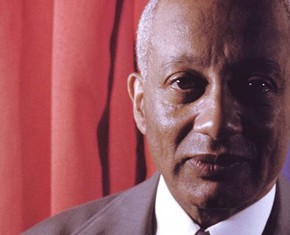
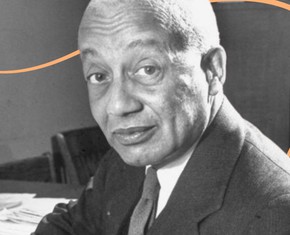









Comments
Sign in or create an account
Continue with Googleor